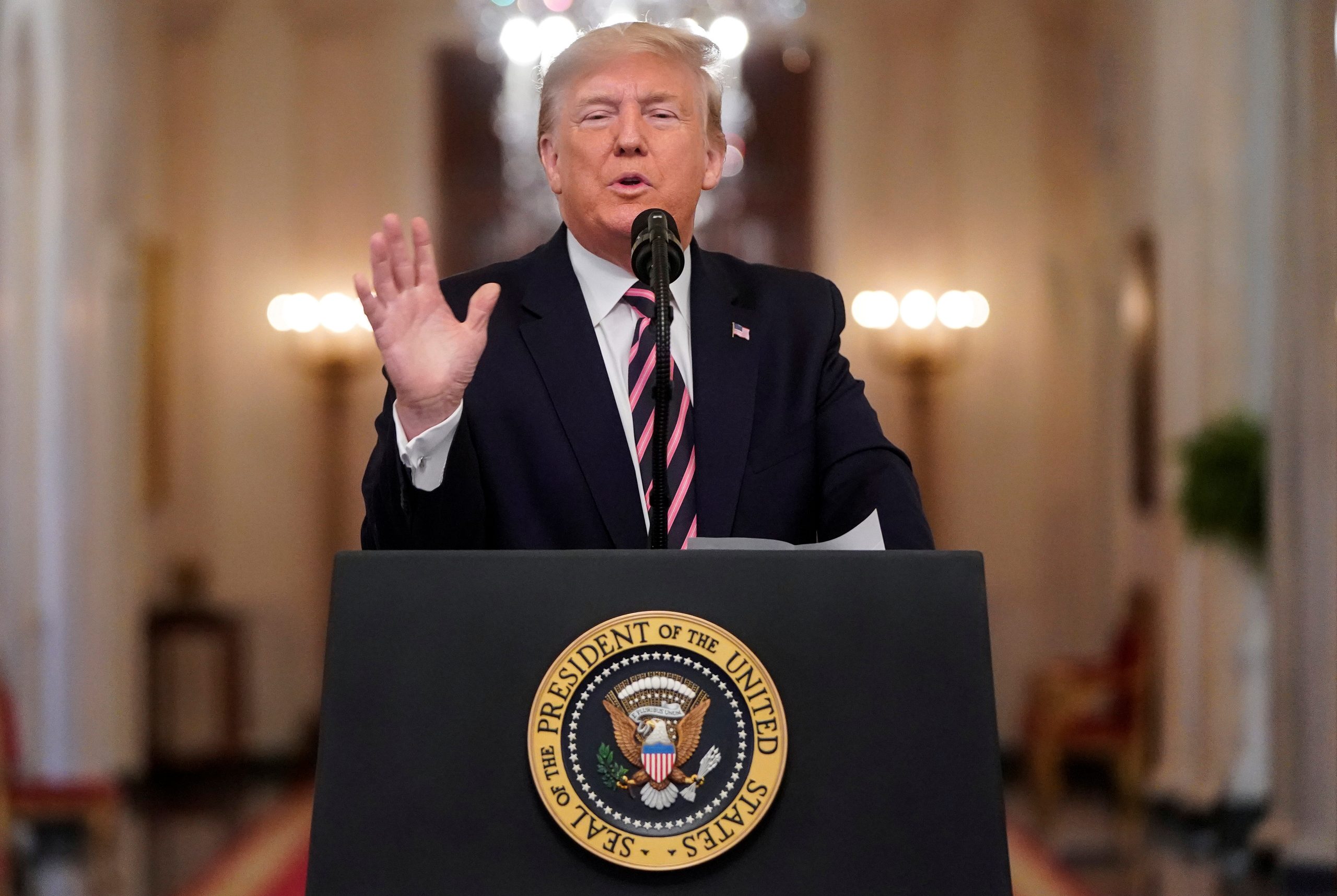The Senate voted to approve a resolution limiting President Donald Trump’s authority to take military action against Iran with Congressional approval.
In a 55-45 vote on Thursday, the Senate approved legislation pushed by Sen. Tim Kaine (D-Va.) that would require the president to end any military action against Iran within 30-days without the approval of Congress.
Eight Republicans — including Sens. Lamar Alexander (Tenn.), Bill Cassidy (La.) Susan Collins (Maine), Mike Lee (Utah), Rand Paul (Ky.), Jerry Moran (Kan.), Lisa Murkowski (Alaska), and Todd Young (Ind.) — voted along with every Democratic senator in favor of the legislation.
Republicans who supported the measure said they were doing so to reclaim Congress’s power regarding war-making decisions.
This vote should be 100-0 in support of the Congressional mandate to declare war. Instead many members will be influenced by party politics.
— Rand Paul (@RandPaul) February 12, 2020
On Wednesday, Trump warned Republicans against voting for the resolution on Twitter, “We are doing very well with Iran, and this is not the time to show weakness.”
….If my hands were tied, Iran would have a field day. Sends a very bad signal. The Democrats are only doing this as an attempt to embarrass the Republican Party. Don’t let it happen!
— Donald J. Trump (@realDonaldTrump) February 12, 2020
The resolution gained traction in Congress after Trump ordered the strike that killed Iran’s top general, Qasem Soleimani, in early January.
Senate Democrats cast the measure as a check against the president to ensure he does not “bumble” the country into an “endless war.”
President Trump does not have the authority to enter the United States into another endless war.
— Chuck Schumer (@SenSchumer) February 13, 2020
But I fear he may bumble us into one nonetheless.
The Senate must vote for Senator Kaine's War Powers Resolution and assert Congress’s authority over war and peace. pic.twitter.com/3NrZKk2Iew
Trump is expected to veto the legislation, and there are currently not enough votes in the Republican-controlled Senate to override his veto.
Despite the threat of a veto, Kaine said he thinks the vote will impact Trump’s decision making when it comes to foreign policy, “If he vetoes it, I think the fact of us getting it to him may still influence his thinking.”

























 Continue with Google
Continue with Google